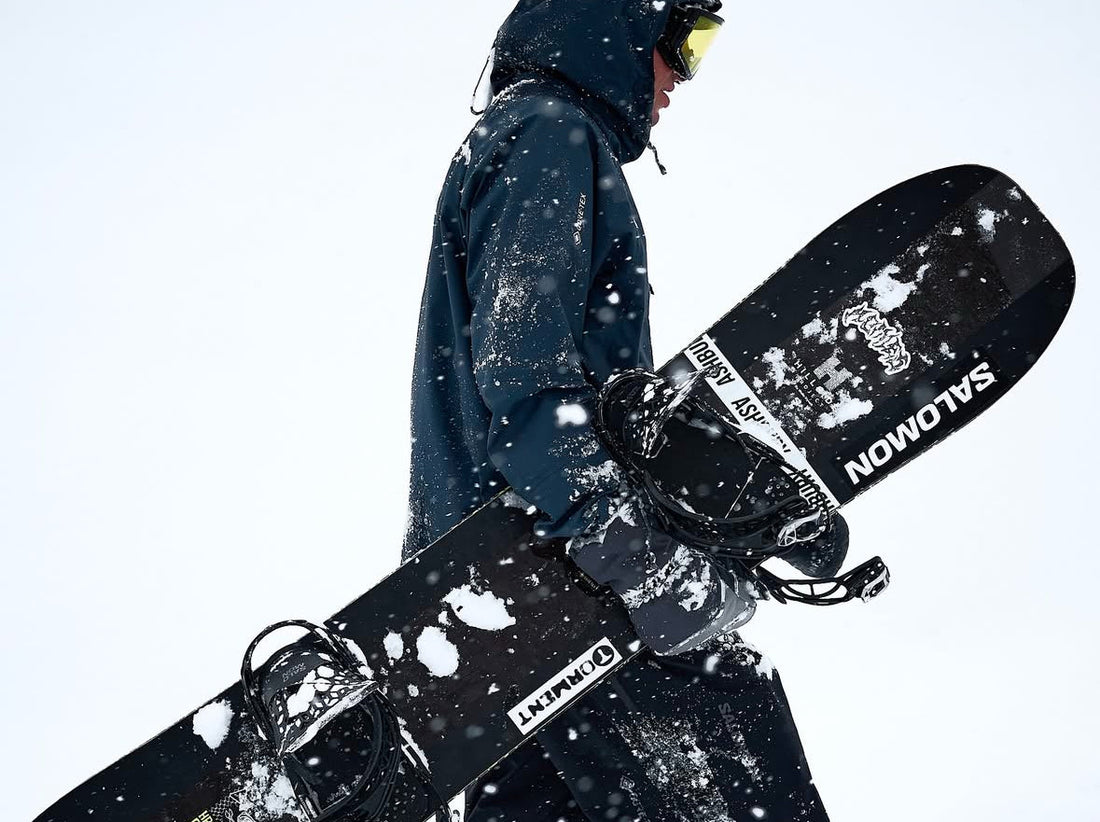Your skate shoes may seem simple, and choosing them even simpler. But think again! Our blog explains the construction of a skateboard shoe from A to Z, so you can make the right choice with our team. There are a multitude of possibilities between the types of outsole, insole, and cover materials, not to mention the different fits and heights.
In this blog, we will focus on outsoles, insoles, and lining materials/construction.
For a good pair of skate shoes, you will need these things:
1. A suede covering
2. Multiple seams on the nose and even near the laces
3. An undercoat on the nose to help the coating combat griptape
Skate outsoles
There are two main types of outsoles on the market and in our Homies Shop: VULCANIZED soles and COP soles for comfortable skate shoes. Each has its own advantages and disadvantages, here they are:
Vulcanized soles for skateboarding
Vulcanized soles offer a better board feel, are quickly comfortable, and are less expensive. However, they offer less support, less protection, and also wear out more quickly. VULC soles are glued to the upper of the shoe, and then one or two strips of rubber are added, heated, and glued in place.
1. Better board feel
2. Quickly comfortable
3. Less expensive
CUP soles for skateboarding
Cup soles were designed specifically for skateboarding. Skaters complained of pain and a lack of support with their vulcanized soles. Cup Soles are sewn to the upper of the shoe. By removing the heating and gluing step, companies can then inject different technologies like EVA. Cup Soles are stronger, more comfortable, and last longer. However, they are more expensive and offer less board feel initially.
1. Stronger
2. More comfortable
3. Last longer
Skate insoles
Most Homies skate shoes feature an EVA foam insole that prevents impacts. Some models/companies offer PU soles for added durability. Others have a reinforced heel counter for added stability.





